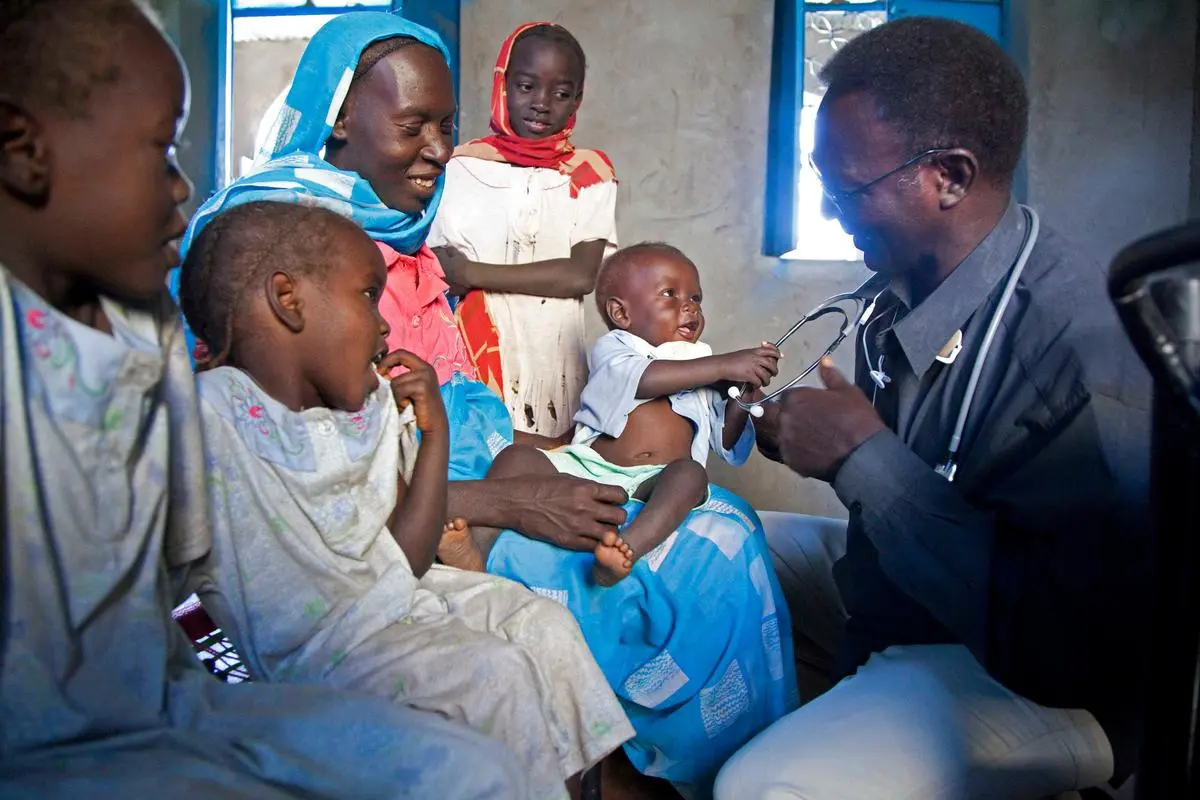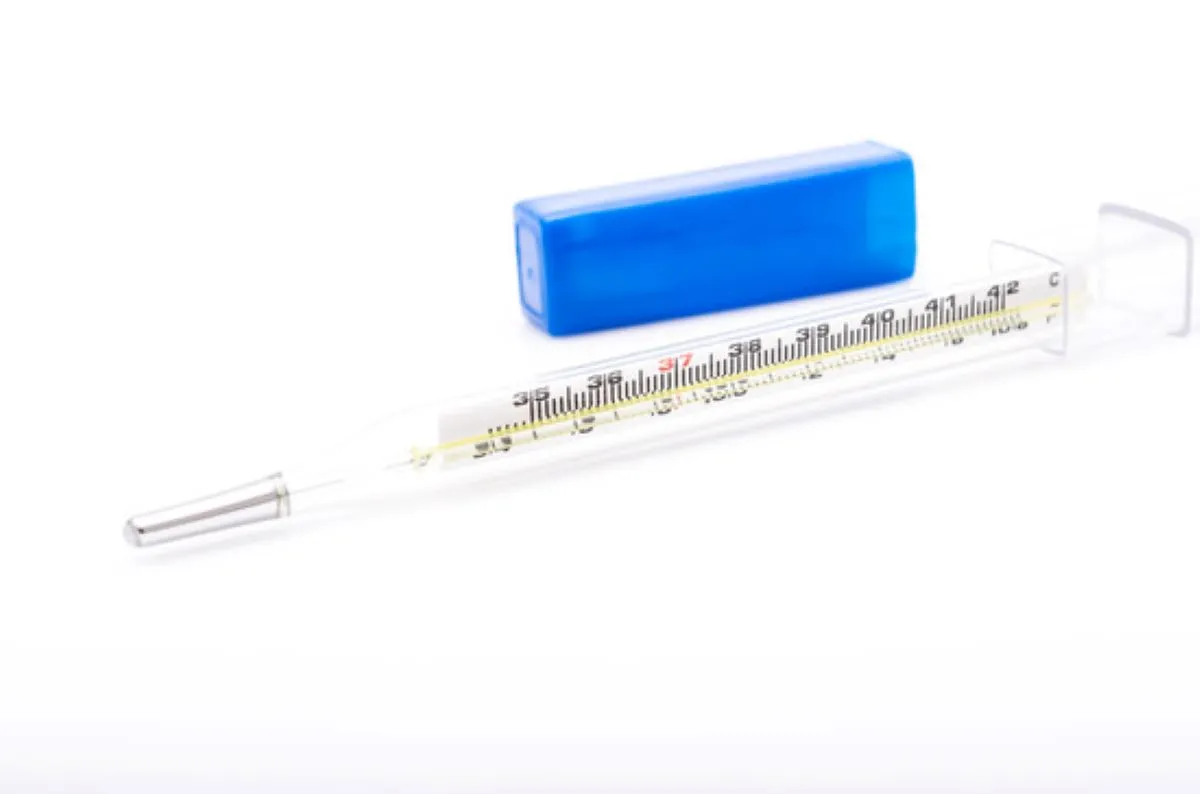In a concerted effort to combat chemical pollution, the governments of Albania, Burkina Faso, India, Montenegro, and Uganda have united to launch a $134-million project aimed at eliminating the use of mercury in medical devices.
Mercury, a toxic metal historically used in healthcare settings, poses significant risks to human health and the environment. While mercury-containing medical thermometers and sphygmomanometers (blood pressure measuring devices) are safe when intact, breakages or disposal can release harmful mercury vapour. Moreover, exposure to these fumes can damage the lungs, kidneys, and nervous system, and contaminate the environment and wastewater systems.

The “Phasing out Mercury Measuring Devices in Healthcare” project, led by the United Nations Environment Programme (UNEP) and funded by the Global Environment Facility (GEF), with execution by the World Health Organization (WHO), aims to address these concerns. The project will develop and implement strategies to halt the import, export, and manufacture of mercury-containing medical devices. It will also promote the adoption of accurate, affordable, and safe mercury-free alternatives while enhancing the management of mercury-containing medical waste.
“We need to look at this in the context of One Health,” said Sheila Aggarwal-Khan, Director of UNEP’s Industry and Economy Division. “This initiative is significant, not just for protecting our well-being but because it reduces the impact of healthcare on our shared environment.”
Over five years, the project will align each participating country with international best practices, educate procurement officers on the efficacy of alternative devices, and raise awareness among manufacturers and the public. These efforts follow WHO recommendations and the Minamata Convention on Mercury.
According to UNEP, certain digital thermometers can be up to one-third cheaper than their mercury counterparts when considering the entire lifecycle, while maintaining the same level of clinical accuracy.
Dr. Anta Zida, Director of Public Hygiene at Burkina Faso’s Ministry of Health and Public Hygiene, emphasized the importance of this initiative. “Eliminating medical devices containing mercury in healthcare facilities is saving lives and protecting the environment,” she said.
Dr. Maria Neira, Director of Climate Change, Environment, and Health at WHO, highlighted the leadership role of the healthcare sector in promoting sustainability. “The healthcare sector serves to protect and improve public health; this project will further demonstrate the important leadership role that the sector has in promoting sustainability,” she said.
The project aims to phase out mercury-added thermometers and sphygmomanometers at a rate of 20 percent per year, ultimately reducing spillages by 23,350kg and improving the lives of over 1.8 million people.

This international initiative represents a critical step towards a healthier future by reducing mercury exposure and promoting environmentally sustainable healthcare practices.
















